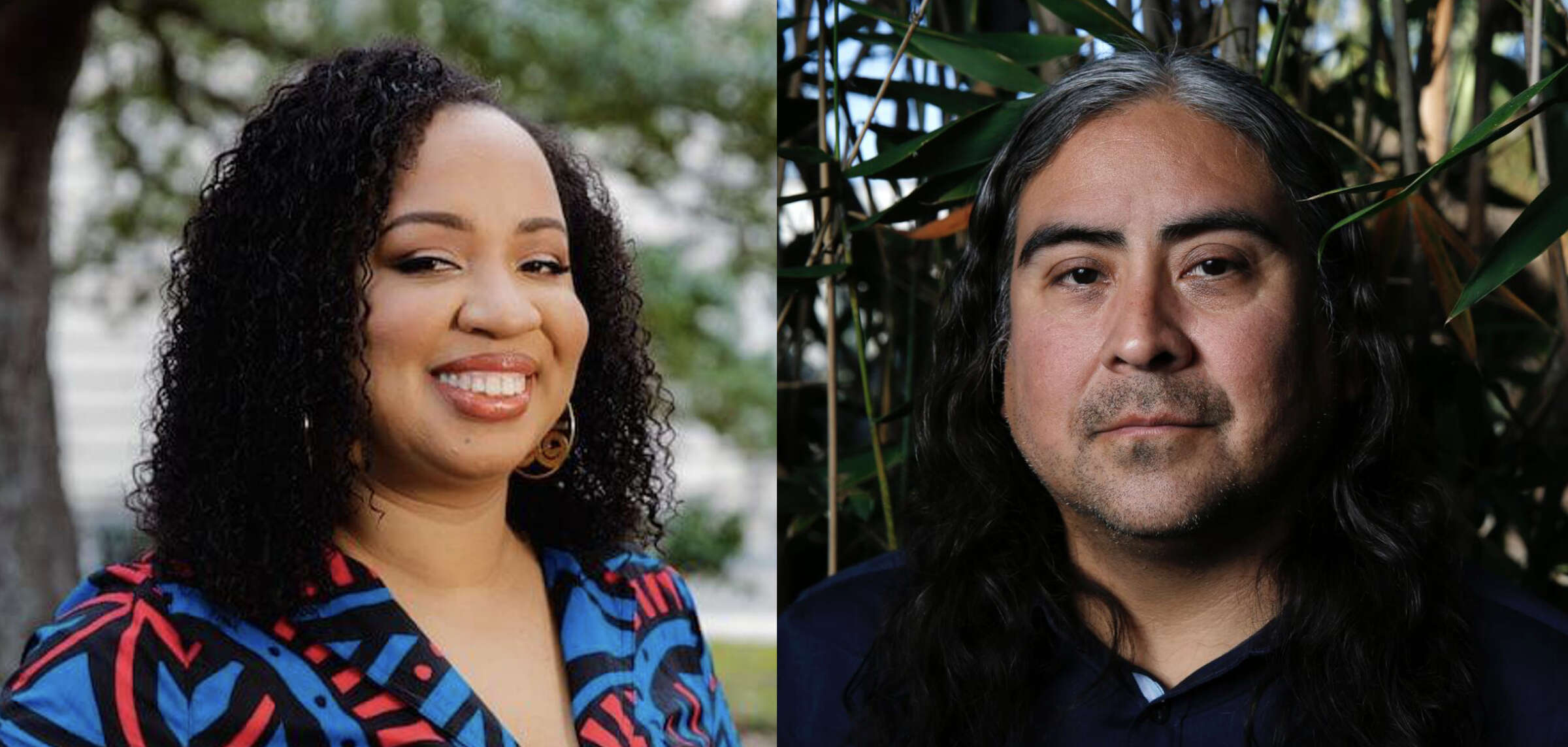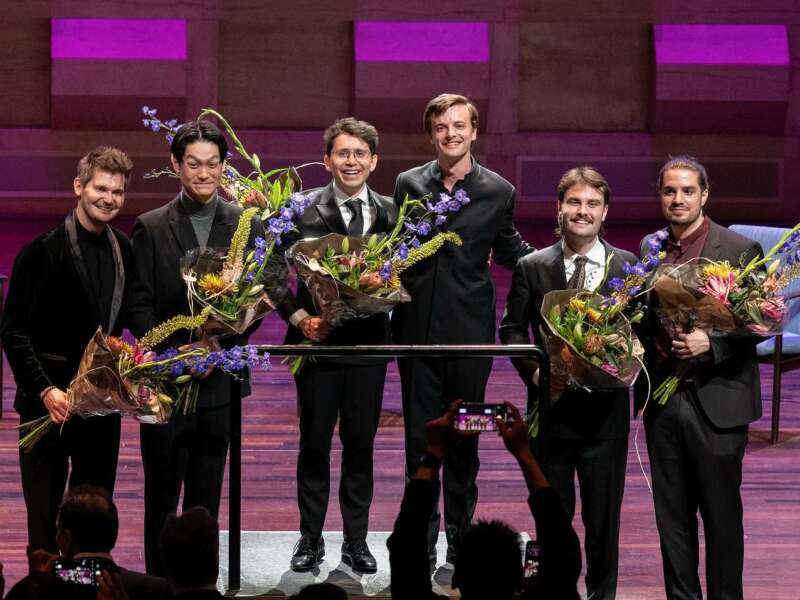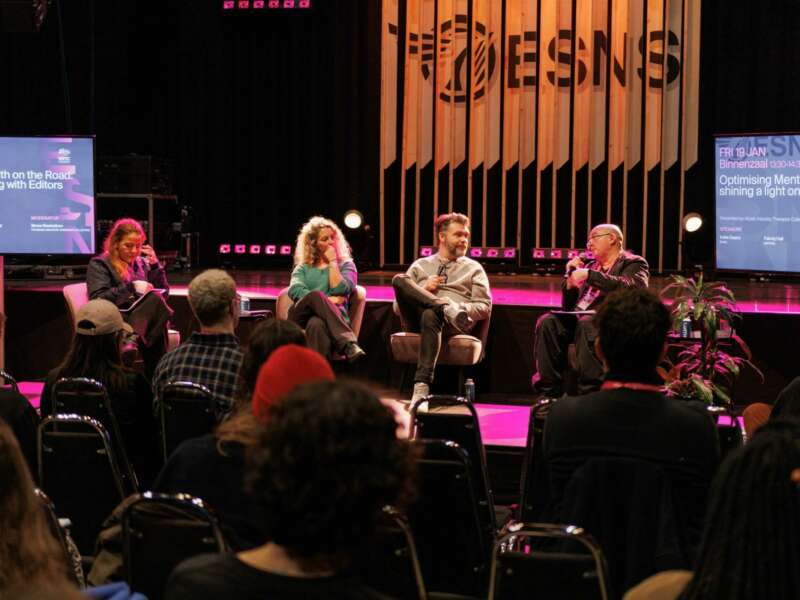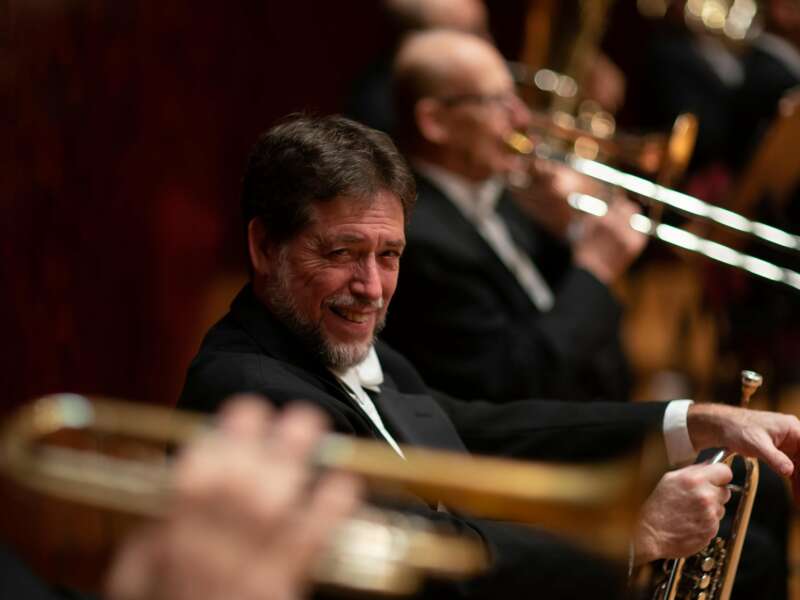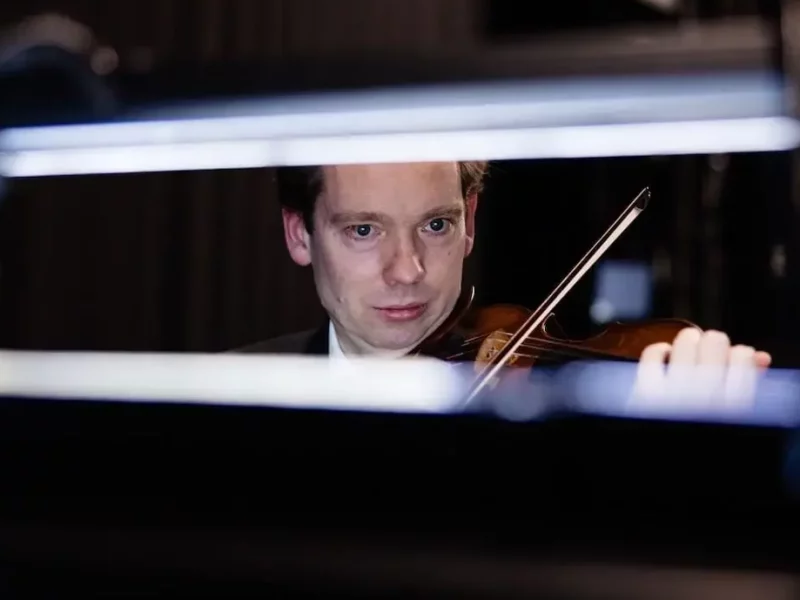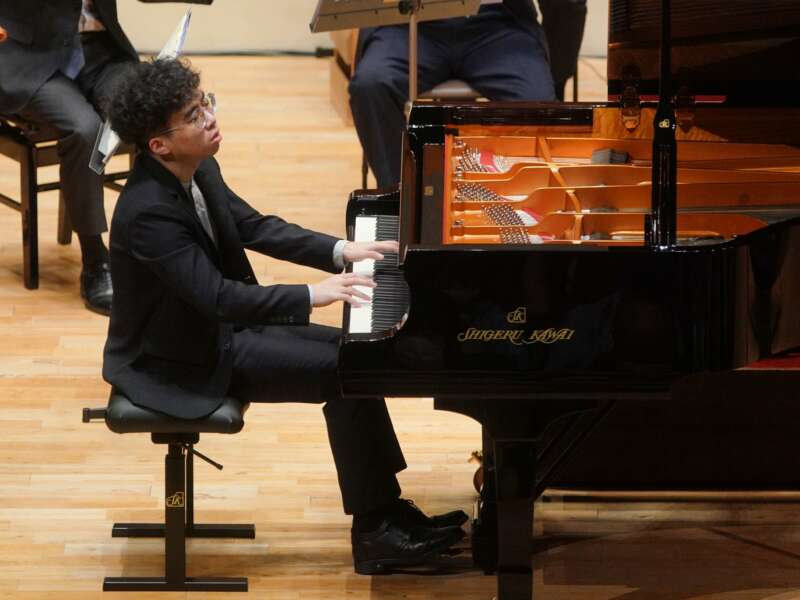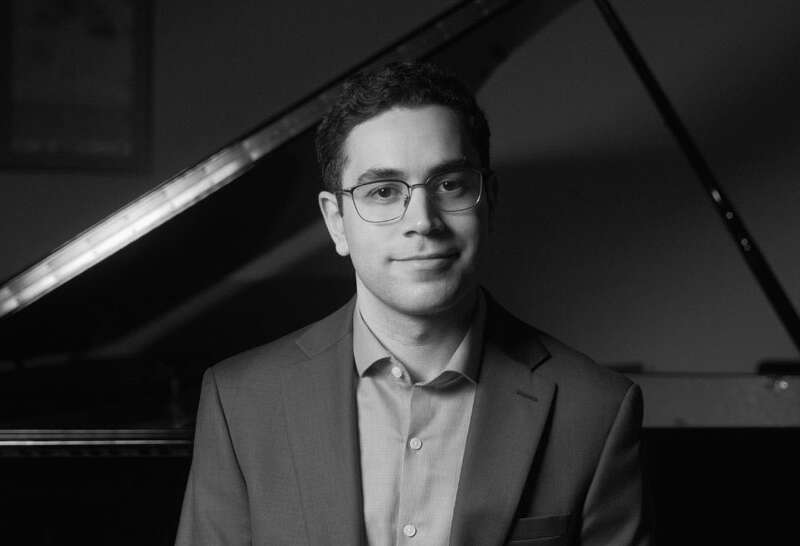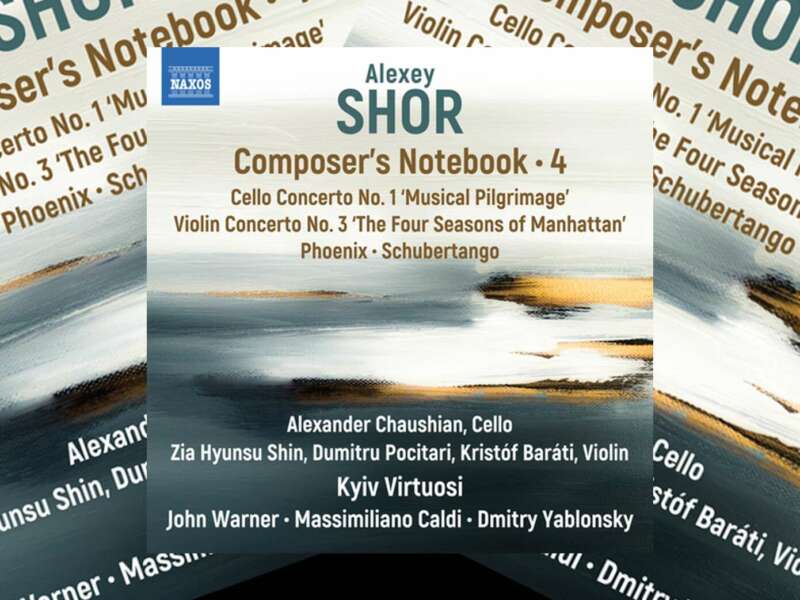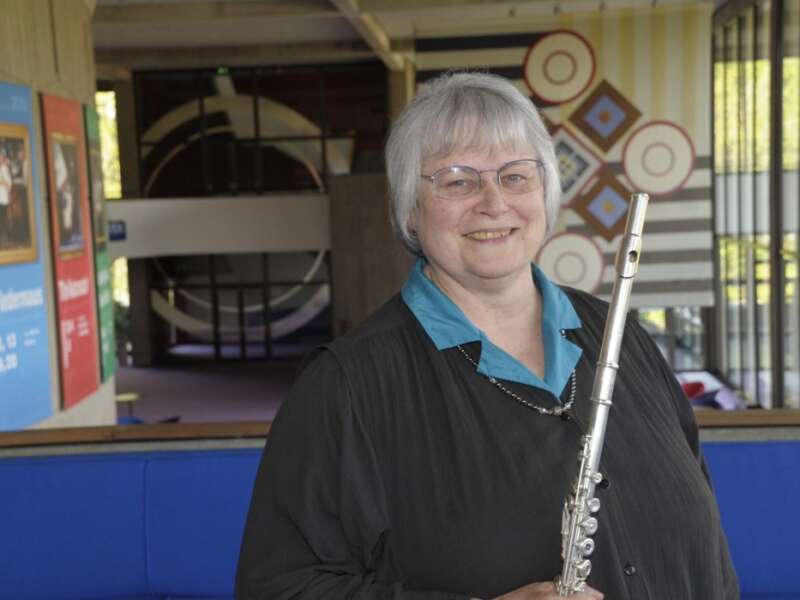MacArthur Foundation Names 2023 “Genius” Grant Recipients
Composers Courtney Bryan and Raven Chacon are among 20 other recipients of the $800,000 award
The MacArthur Foundation fellowships are awarded annually to writers, artists, scientists, and other industry experts, who show exceptional originality and dedication in their creative pursuits. Since 1981, there have been 1131 MacArthur Fellows.
Among this year’s recipients are composer/pianist Courtney Bryan, who creates works that reflect current social and political issues; and composer/artist Raven Chacon, who blends performance and visual art to interrogate European colonialism of the Americas. They will each receive a grant of $800,000 across a five-year period.
Often drawing on contemporary voices and cross genres, Bryan creates works for solo piano, chorus, chamber music ensembles, and orchestra. She not only combines jazz, classical, and sacred music elements in pieces that foreground the lived experiences of African Americans, but she also incorporates gospel and soul music styles into postmodern classical concert works.
A graduate of Oberlin Conservatory, Rutgers University, and Columbia University, Bryan is currently a music professor and composer-in-residence at Opera Philadelphia. Her work has been performed at venues such as Carnegie Hall, Lincoln Center, and the Metropolitan Museum of Art, among others.
“I consider myself to be a minister of music, using this medium to share a sense of freedom, unconditional love, and a spirit of healing,” Bryan told the MacArthur Foundation. “My spirituality is the central thread of my body of work. As a composer and performer, I aim to be ever present and honest in my music.
“My compositions often prioritize stories of Black women figures, respond to historical and contemporary social issues, act as a musical meditation as part of my ever-evolving personal interest in spirituality, and value the importance of place,” she added. “The culture and spirit of my hometown New Orleans remain a major inspiration in my work, as well as the various cities where I have lived. My overall ambition is the creation of uninhibited beauty.”
Chacon’s pieces uses visual art and performance to illuminate landscapes, their inhabitants, and histories — creating musical experiences that explore relationships among sound, space, and people.
His compositions often include both orchestral instrumentation and sounds created by performers using objects such as rifles, foghorns, whistles, and coins.
“I hope that people that encounter my music will have their ears bent in a way where they’re open minded about the kinds of music that can exist in the world,” Chacon said. “I think that change of the public's perception would go a long way in changing assumptions about art, about people, about places.
“If any of these works can bring attention to the original stewards of these lands that we are living on and the ongoing battles that all of us are having to wage in these places. If music can do any of that, then that can be a very powerful thing.”
A University of New Mexico and California Institute of the Arts graduate, Chacon’s work has been presented at the Los Angeles County Museum of Art, the 2022 Whitney Biennial, Renaissance Society, San Francisco Electronic Music Festival, Kennedy Center, Vancouver Art Gallery, Haus der Kulturen der Welt, Borealis Festival, and more.
This year’s MacArthur Fellows also includes choreographers, the sitting U.S. poet laureate, entrepreneurs, social and climate scientists, an anthropologist, a computer scientist, and an environmental ecologist. For the full list of recipients, click here.
Fellows are never officially informed that they have been nominated for the award unless they are officially selected. Candidates are reviewed over a years-long process that involves input from their communities and peers.
“The 2023 MacArthur Fellows are applying individual creativity with global perspective, centering connections across generations and communities,” said fellowship director Marlies Carruth. “They forge stunning forms of artistic expression from ancestral and regional traditions, heighten our attention to the natural world, improve how we process massive flows of information for the common good, and deepen understanding of systems shaping our environment.”
june 2025
july 2025


